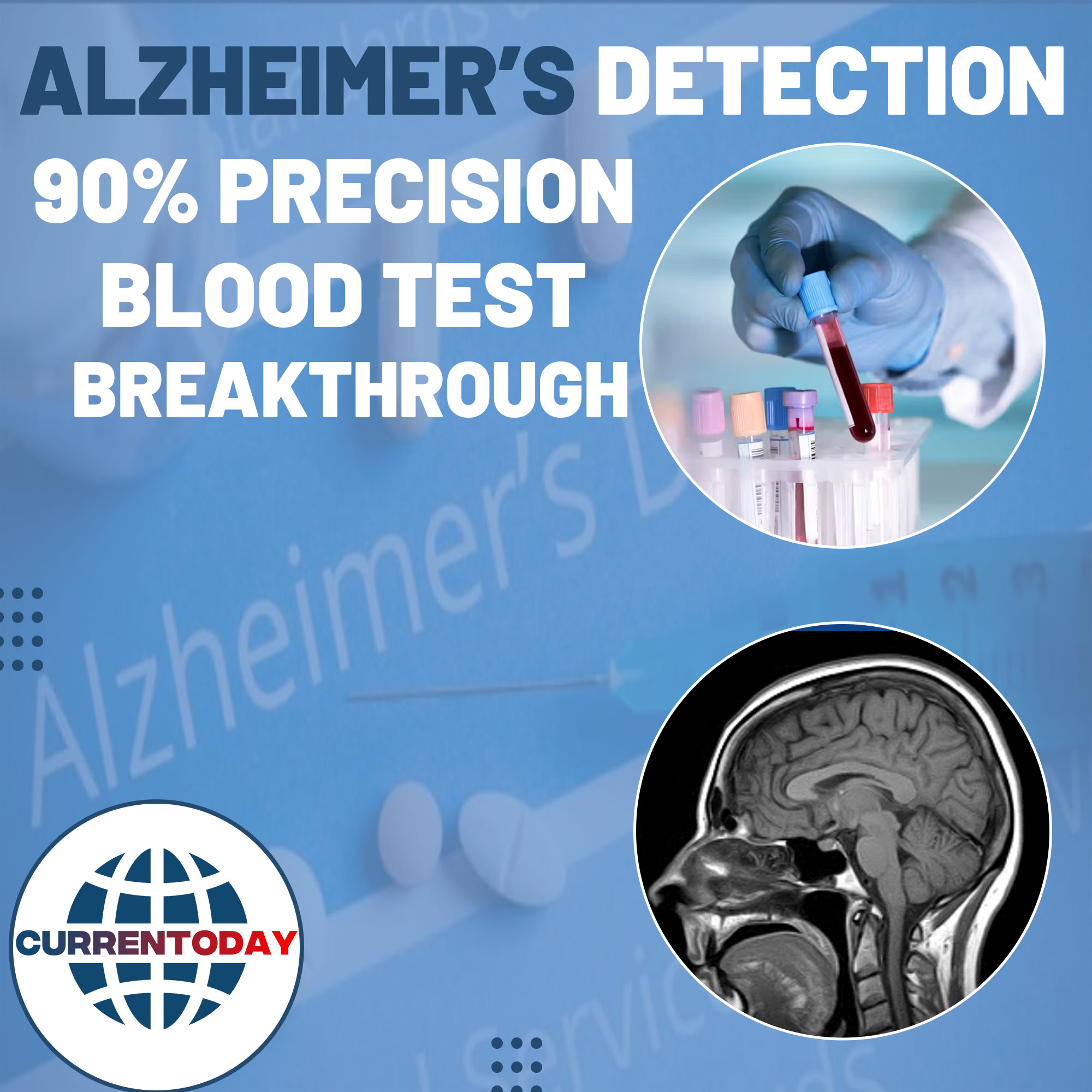


PrecivityAD2, a new blood test developed by researchers at Lund University in Sweden, could diagnose Alzheimer’s disease (AD) with an amazing 90% accuracy. This discovery may lead to earlier and more accurate diagnoses, particularly for those with moderate dementia. The prestigious JAMA journal published the research findings.
Millions of people worldwide suffer with Alzheimer’s disease, the most common kind of dementia; one in five women and one in ten men may receive a diagnosis at some point in their lives. Even among professionals, there is a typical misdiagnosis rate of 25% to 35%. Therefore, early and correct detection is essential to preventing this rate. This novel blood test provides a more direct and dependable approach while simplifying the diagnostic procedure.
In the past, diagnosing Alzheimer’s disease required expensive and invasive techniques like lumbar punctures to examine CSF fluid or PET scans to identify Tau and amyloid proteins. This novel blood test makes things easier by only needing a blood sample to get reliable findings, making it a more convenient choice.
The way the test operates is by measuring particular blood proteins linked to Alzheimer’s disease. The ratios of: are the main focus.
About half of the 1,213 individuals in a clinical research who had cognitive tests were found to have Alzheimer’s. The accuracy of the blood test was better than that of standard diagnostic techniques, which showed 61% accuracy for primary care physicians and 73% accuracy for dementia experts. Though availability may vary by location, this test is poised to transform Alzheimer’s diagnosis by making it more generally available and reasonably priced as more study confirms its effectiveness.
Approximately 50 million individuals worldwide suffer with Alzheimer’s disease, which was initially identified in 1906 and accounts for 60–80% of all instances of dementia. Alzheimer’s is not a typical aspect of aging, despite what everybody believes. Head trauma, genetic susceptibility, and cardiovascular problems are risk factors. Tau tangles and beta-amyloid deposits in the brain are symptoms of the illness. Even though there isn’t a cure, early identification and lifestyle changes can improve symptom management.
READ ALSO : TRAI DLT Platform Crackdown: Silence for Spam Callers